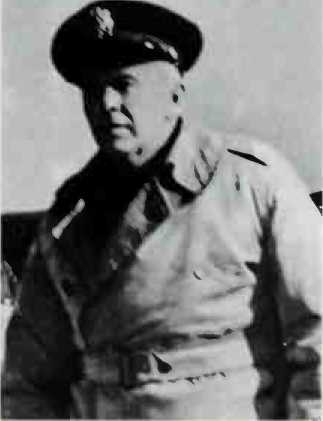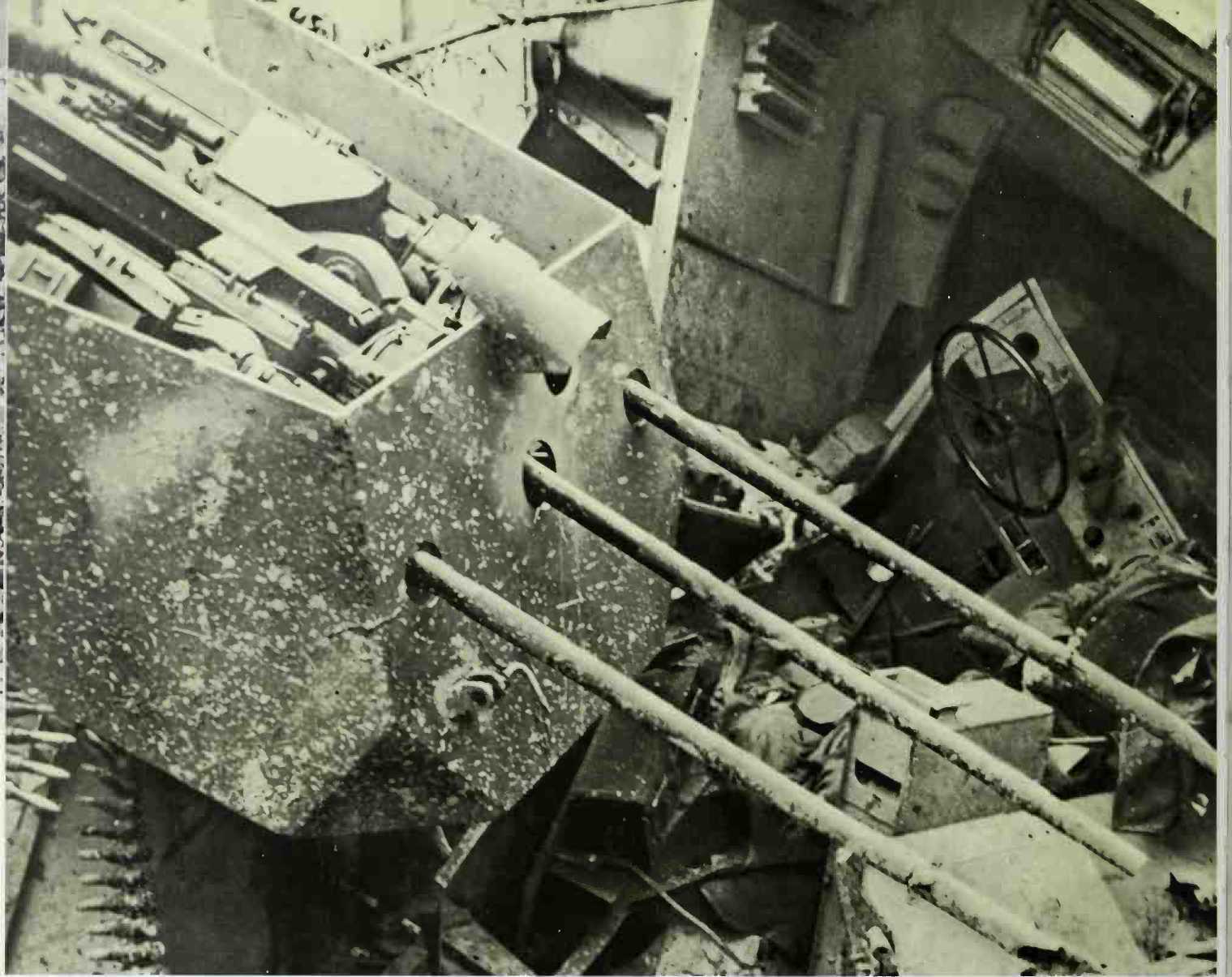Brooke was appreciative of this argument and "cordially, but very gravely”, as General Eisenhower writes, expressed the view to him that putting his plan into effect would have the result of producing an "organised dispersion” of Allied forces. Eisenhower opposed this view, and events proved him right. First of all, the Germans had to be deprived of the advantage of permanent fortifications which allowed them to economise their means and then build up massive forces in the sector where the main attack would be launched:
"If, however, we should first, in a series of concentrated and powerful attacks, destroy the German forces west of the Rhine, the effect would be to give us all along the great front a defensive line of equal strength to the enemy’s. We calculated that with the western bank of the Rhine in our possession we could hurl some seventy-five reinforced divisions against the Germans in great converging attacks. If we allowed the enemy south of the Ruhr to remain in the Siegfried, we would be limited to a single offensive by some thirty-five divisions.
"A second advantage of our plan would be the deflection of the enemy forces later to be met at the crossings of the Rhine obstacle. Moreover, the effect of the converging* attack is multiplied when it is accompanied by such air power as we had in Europe in the early months of 1945. Through its use we could prevent the enemy from switching forces back and forth at will against either of the attacking columns and we could likewise employ our entire air power at any moment to further the advance in any area desired.”
But although Eisenhower had refuted
Brooke’s point, he was unable to convert the latter to his way of thinking. That is why he travelled to Marseilles on January 25 to explain to Marshall, who was on his way to Yalta via Malta, his plan of operations and the objections it was coming up against among the British. He had no difficulty in obtaining Marshall’s complete agreement, and the latter said to him at the end of the interview:
"I can, of course, uphold your position merely on the principle that these decisions fall within your sphere of responsibility. But your plan is so sound that I think it better for you to send General Smith to Malta so that he may explain these matters in detail. Their logic will be convincing.”
This was done and, after some explanations by Bedell Smith and some amendments on the part of the Combined Chiefs-of-Staff Committee, Eisenhower’s plan, comprising of a double push towards the Rhine and a double encirclement of the Ruhr, was adopted and Montgomery would spare nothing to make it a success.

A A American infantry move up through a snowstorm, typical of the weather that helped the Germans considerably at the beginning of 1945.
A General Marshall, head of the U. S. Army, arrives in Malta en route to Yalta. Marshall sided firmly with Eisenhower in the dispute the latter was having with Montgomery.

A Evidence of American artillery superiority: a destroyed German triple 2-cm self-propelled mounting.




 World History
World History









